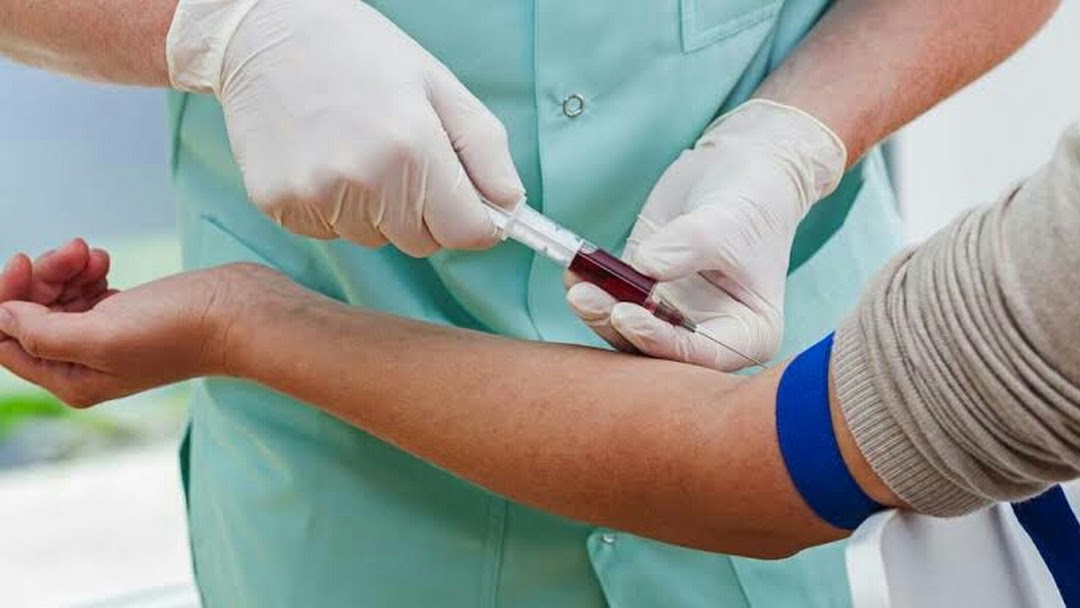
A home blood test is a convenient way to monitor various health markers without the need to visit a laboratory. It allows individuals to check for conditions such as diabetes, cholesterol levels, and other essential health parameters from the comfort of their own homes. let’s delve into Blood Test at Home Dubai.
Importance of Regular Blood Testing:
Regular blood testing helps in the early detection of potential health issues. Monitoring blood sugar, cholesterol, and other vital markers provides valuable insights into overall well-being and helps in making informed lifestyle choices.
Blood Tests for Diabetes:
What is Diabetes?
Diabetes is a condition where the body either does not produce enough insulin or cannot use it effectively. This leads to high blood sugar levels, which can have long-term health effects if not managed properly.
Blood Tests for Diabetes Monitoring:
There are several blood tests available for checking diabetes at home:
Fasting Blood Sugar Test:
This test measures blood sugar levels after fasting for several hours. It provides a baseline reading to determine how well the body regulates glucose.
Random Blood Sugar Test:
This test checks blood sugar levels at any time of the day, regardless of when the last meal was consumed.
HbA1c Test:
This test measures the average blood sugar levels over the past few months, giving a broader picture of glucose control over time.
Blood Tests for Cholesterol Levels:
Understanding Cholesterol:
Cholesterol is a fatty substance in the blood that plays a crucial role in cell function. However, high levels can increase the risk of cardiovascular conditions.
Types of Cholesterol Tests:
Different tests help measure cholesterol levels at home:
Total Cholesterol Test:
This test measures the overall cholesterol levels in the blood and helps assess general cardiovascular health.
LDL Cholesterol Test:
Low-Density Lipoprotein (LDL) cholesterol is often called “bad” cholesterol. Higher levels can lead to plaque buildup in the arteries.
HDL Cholesterol Test:
High-Density Lipoprotein (HDL) cholesterol is known as “good” cholesterol. Higher levels are beneficial as they help remove excess cholesterol from the bloodstream.
Triglyceride Test:
Triglycerides are another type of fat in the blood. High levels can be associated with heart-related conditions.
Additional Blood Tests at Home:
Kidney Function Test:
Blood tests for kidney function help measure levels of creatinine and urea, which indicate how well the kidneys are filtering waste from the blood.
Liver Function Test:
Liver function tests check enzymes and proteins in the blood to assess liver health and detect potential issues.
Thyroid Function Test:
Thyroid tests measure hormones such as TSH, T3, and T4 to evaluate thyroid activity and detect imbalances.
Vitamin Deficiency Test:
Testing for vitamin deficiencies helps determine whether the body has adequate levels of essential vitamins such as Vitamin D, B12, and iron.
How to Perform a Home Blood Test:
Preparing for the Test:
Proper preparation ensures accurate results. Some tests require fasting, while others may be taken at any time of the day.
Using a Blood Collection Kit:
Most home blood test kits include lancets, test strips, and instructions. The process typically involves pricking a fingertip, collecting a small blood sample, and using a testing device to analyze the results.
Interpreting the Results:
Understanding the test results is crucial for monitoring health. Many test kits provide clear indicators of normal, borderline, or high readings.
Advantages of Home Blood Testing:
Convenience:
Testing at home eliminates the need to travel to a healthcare facility, making it an accessible option for individuals with busy schedules.
Privacy:
Home Blood Test at Home in Dubai offers privacy, allowing individuals to check their health status in a comfortable and familiar setting.
Timely Monitoring:
Regular at-home testing enables individuals to track health trends over time, aiding in early detection and preventive measures.
When to Seek Professional Guidance:
Abnormal Readings:
If test results show significantly high or low levels, consulting a healthcare professional is essential for further evaluation.
Confirming Results:
At-home tests provide valuable insights, but laboratory tests may be recommended for more comprehensive assessments.
Managing Long-Term Conditions:
For individuals with chronic conditions, professional guidance ensures proper treatment plans and health management strategies.
Conclusion:
Home blood testing is an effective way to monitor health parameters, including diabetes, cholesterol, and other vital markers. Regular testing helps in early detection and informed decision-making for better overall well-being. Seeking professional advice for abnormal readings ensures accurate diagnosis and appropriate health management.